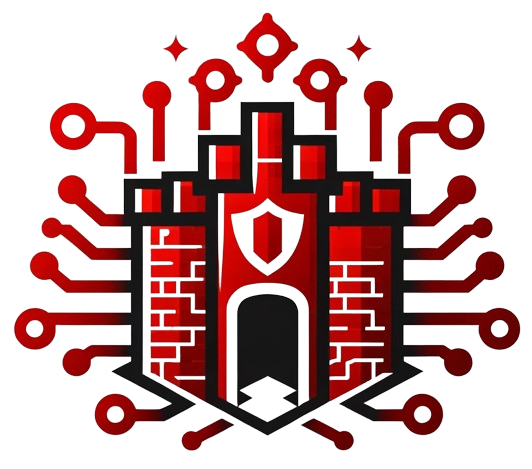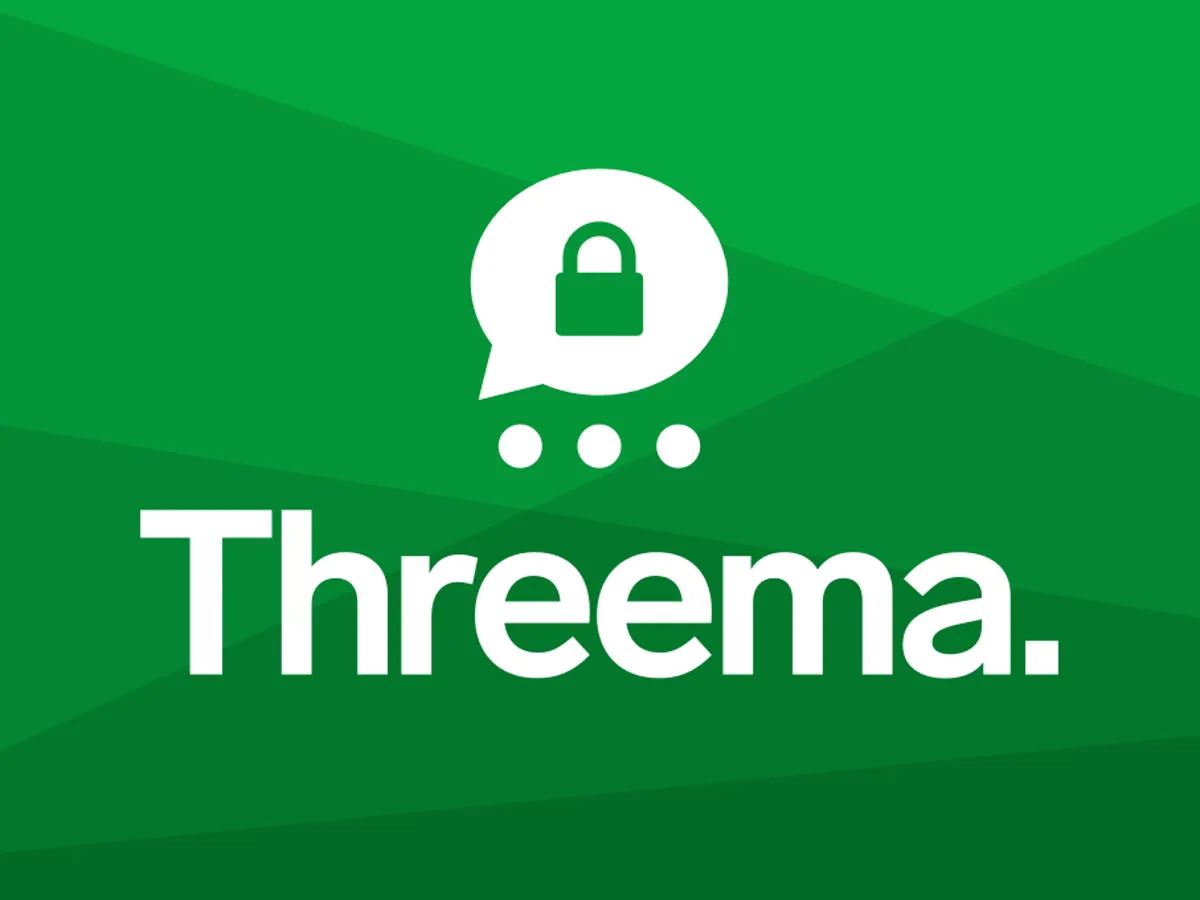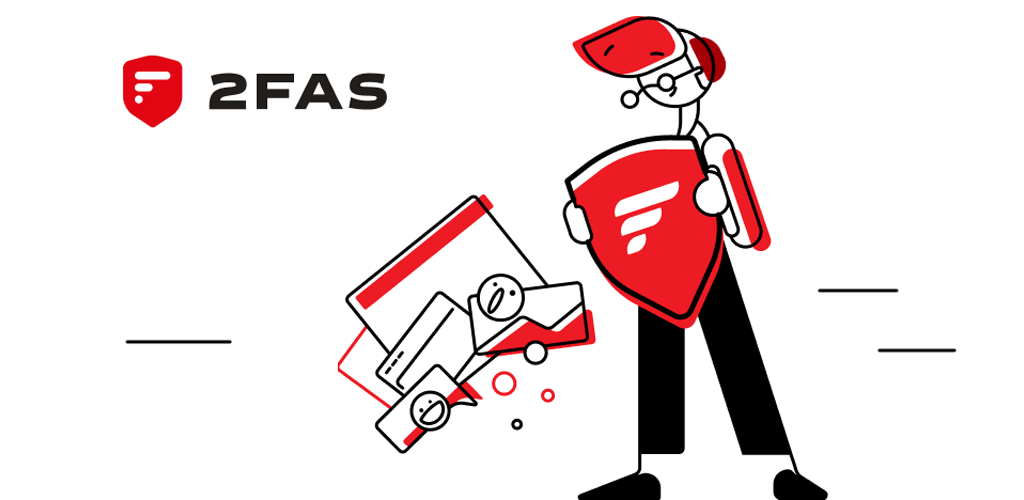Threema: A Privacy-First, Swiss-Based Messenger
1. What Is It?
Threema is a secure instant messaging app built around the ethos of privacy by design. Unlike mainstream messengers that require phone numbers or email addresses, Threema can be used completely anonymously—your identity is tied to a randomly generated Threema ID, not a personal identifier. Developed and hosted in Switzerland, Threema aims to maximize user privacy and data sovereignty, echoing the MyDigitalFortress values of transparency and user control.
Which Problem Does It Solve? Standard chat apps often harvest user data or rely on phone numbers, exposing your real identity. Threema provides end-to-end encryption, minimal metadata, and no mandatory phone number usage. It’s a solution for anyone seeking a truly private conversation channel beyond popular, data-hungry platforms.

2. Technical Foundations
End-to-End Encryption & Swiss Jurisdiction
Threema’s end-to-end encryption relies on the NaCl (Networking and Cryptography) library , ensuring messages can only be read by the sender and recipient. Key exchanges happen locally on-device, so no central server can decrypt or intercept communications. As a Swiss company, Threema also benefits from the country’s strict privacy laws, providing a legal framework that further protects user data from foreign jurisdictions.
Minimal Metadata & No Phone Number Requirement
Threema’s server architecture is designed to store as little metadata as possible. Messages pass through Swiss data centers, but the platform does not require phone numbers, email addresses, or real names—only a random Threema ID. This approach drastically reduces the digital footprints typically associated with messaging apps and matches MyDigitalFortress ideals of data minimization and user autonomy.
Threema has partially open-sourced its code (including its WebClient and some components), though the full server code remains proprietary. Security audits have been conducted by external firms—transparency that further cements Threema’s reputation as a privacy-focused messenger.
Paid App Model
Threema is not ad-supported. Instead, it charges a small one-time fee for its mobile app, emphasizing no data monetization and an enterprise version (Threema Work) for organizations. This revenue model eliminates reliance on data harvesting or targeted ads, a framework especially appealing to privacy advocates looking for minimal external incentives to track or profile users.

3. Who Is It For?
Threema caters to privacy enthusiasts, professionals, and organizations that:
- Dislike phone number-based signups: Preferring total anonymity via random Threema IDs.
- Seek robust encryption: Rely on NaCl-based end-to-end cryptography and minimal metadata retention.
- Value Swiss data protection: Trust in Swiss privacy laws and local data centers.
- Prefer paid apps over data monetization: Willing to spend a small fee for ad-free, privacy-preserving service.
- Need a professional solution (Threema Work): Secure internal chats in corporate environments.
Beginners can use Threema as easily as any typical messaging app, though phone-number-free signups can initially confuse those accustomed to “normal” verification methods. Still, for those wanting extra privacy or an app that truly doesn’t want your personal info, Threema is a strong contender.
4. Use Cases & Real-World Examples
- Activists & Journalists: Operating under repressive regimes or handling sensitive investigations, they value the anonymous ID system and Swiss jurisdiction.
- Small Businesses & NGOs: Threema Work allows teams to communicate securely without employees exposing their phone numbers.
- Privacy-Conscious Communities: Instead of handing out phone numbers to acquaintances, users exchange Threema IDs to remain pseudonymous or off big-data radars.
- Secure Family Chat: Families wanting a more protected environment for sharing personal photos or documents benefit from Threema’s encryption and data minimization.
5. Pros & Cons
Pros
- Anonymity by Default: No phone number or email required—just a random Threema ID.
- Swiss-Based with Strong Laws: Operations governed by Swiss data protection regulations.
- High Security & Audits: Uses NaCl library, partial open-source components, independent reviews.
- Minimal Metadata: Threema’s design aims to store almost nothing server-side.
Cons
- Paid App Model: No free version; might deter casual users used to “free” messengers.
- Not Fully Open-Source: While parts (like the WebClient) are open, the server code remains proprietary.
- Smaller User Base vs. Mainstream Apps: Harder to convince friends/family to switch, limiting adoption.
- Limited Extra Features: Lacks some advanced features like large group calls or in-app bots found on bigger platforms.
6. Getting Started
Ready to try Threema? Here’s a quick how-to:
- Purchase the App: Head to Threema’s official site or app stores (iOS, Android) to buy and install. Threema Work exists for teams.
- Generate Your Threema ID: The app will create a random ID upon setup. Optionally link a phone number or email for convenience—but it’s not mandatory.
- Verify Contacts: Exchange Threema IDs with friends, or scan their QR code for a “green” trust level. Verification levels ensure you confirm a contact’s identity securely.
- Customize Privacy Settings: Decide if you want to share a profile picture or link any personal details. Threema keeps these optional and encrypted.
- Test It Out: Send secure messages, calls, or media. Double-check encryption details under advanced settings .
7. Conclusion & Next Steps
Threema’s focus on encryption, anonymity, and data minimization makes it a standout in a crowded messaging market dominated by phone number–driven services. Whether you’re an activist, journalist, or simply privacy-conscious, Threema offers robust security while sparing you from big-tech data collection.
At MyDigitalFortress , we champion solutions that empower users to maintain control over their digital presence. By sidestepping phone numbers and adopting Swiss-based infrastructure, Threema brings genuinely private messaging to the mainstream. If you’re willing to pay a small fee and potentially coax your contacts to join, Threema can be a valuable step toward a more secure, data-sovereign communication experience.
Next steps? If you crave a messenger that puts privacy before profit, Threema is a top candidate. Check out the official FAQ or Threema Work for organizational deployments—and consider verifying all your critical contacts with QR scans for maximum security.





